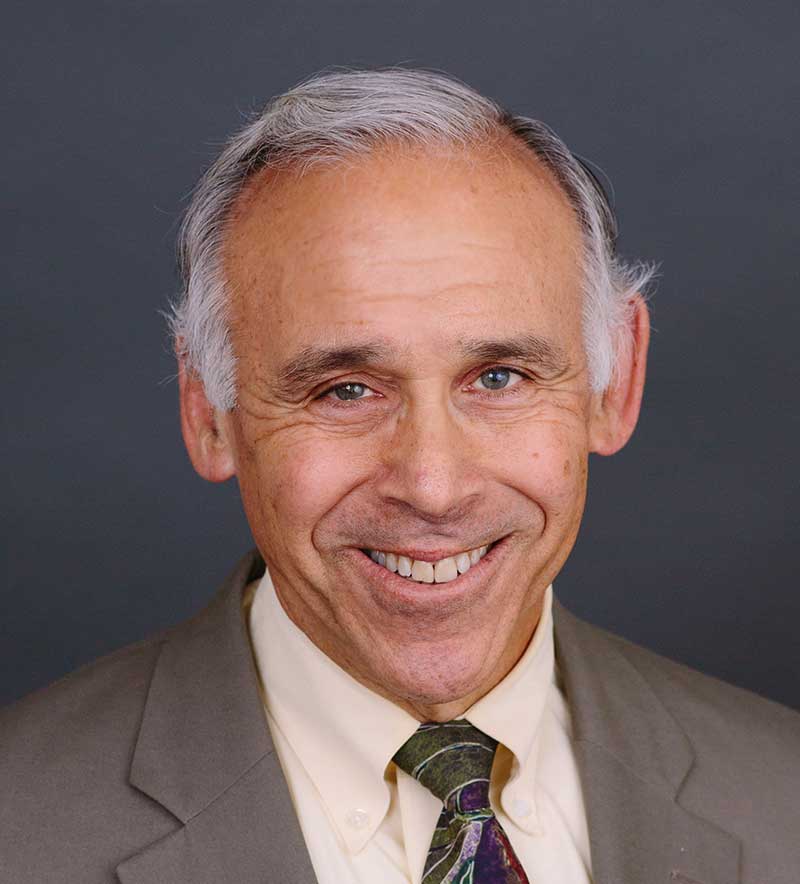Frederick Eisenbud leads the firm’s Environmental & Land Use practice. Fred handles environmental and related legal disputes including cost recovery litigation (i.e., who pays for a cleanup?), State Environmental Quality Review Act (SEQRA) issues, defense of administrative charges (EPA/DEC/Health Departments), help obtaining administrative permits, challenges to administrative and municipal determinations via Article 78 petitions, environmental insurance claims, and environmental crimes defense. He also assists potential purchasers of contaminated Brownfield sites to resolve various environmental challenges that may arise in commercial real estate transactions, including Brownfields applications, environmental cleanup, preparing and recording environmental easements, and assessing whether one or more third parties may be liable for contribution claims to help pay for environmental investigations and remediations. Fred’s practice also includes the representation of clients before Zoning Boards of Appeal, Planning Boards, and Town and Village Boards with regard to subdivisions, variances, and special use permits.
Prior to joining CMM in May 2015, Fred was the principal of the Law Office of Frederick Eisenbud in Commack, New York, where he focused on providing responsive, smart and cost-effective solutions for the environmental law and litigation concerns of individuals, companies, municipalities, and community groups.
Fred has a depth of experience that provides him with a comprehensive understanding of environmental law. In 1968, he joined the Peace Corps as a volunteer in Liberia. For three years, he taught fifth and sixth grades in all subjects, and pre-schoolers to speak English, in Jondu, a remote village that lacked electricity, running water, and stores. Initially lacking resources, Fred wrote his own science, health, and history books, and recorded stories told by his students which he typed and used to teach reading. During a visit to the States after his second year as a Peace Corps volunteer, he gave slide shows and lectures at a number of elementary schools in exchange for schoolbooks which were no longer being used. Combined with other books he was able to get from U.S. A.I.D., by the time he left Liberia in December 1971, Fred had obtained a book for every student, in every grade, in every subject in the Jondu Elementary School.
From February to August 1972, Fred worked for Environmental Analysts, Inc., an environmental consulting firm in Garden City. Well before it became the norm to prepare environmental impact statements, Fred helped prepare assessments of local conditions where the firm’s clients proposed to construct major projects.
After graduating with distinction from Hofstra Law School in 1975, and serving as Editor-in-Chief of the Hofstra Law Review, Fred was appointed by the United States Attorney General to the Honor Law Graduate Program at the Department of Justice in Washington, D.C. Fred was assigned to the Criminal Division, Appellate Section, of the Department. He wrote and argued appeals from cases arising out of Strike Forces in five different federal circuits, prepared memoranda in opposition to petitions for writs of certiorari to the United States Supreme Court, and assisted in the preparation of a number of briefs to the Supreme Court in cases that were accepted for review.
From 1978 until 1987, Fred was an Assistant District Attorney in Suffolk County. He served in the Appeals Bureau, Felony Trial Bureau, Grand Jury Bureau, and Special Investigation Unit before he started and became the Chief of the Environmental Crime Unit. From 1984 until 1987, Fred was the only Assistant District Attorney in the state who investigated and prosecuted environmental crimes on a full-time basis. During that time, he obtained the first two jail sentences arising out of environmental crimes in the State’s history, and the Environmental Crime Unit had more convictions than the Attorney General’s Office had in the rest of the state combined.
Fred left the D.A.’s office in 1987 for the Suffolk County Attorney’s Office, where he became Deputy Chief of the Federal and Civil Litigation Bureau, and served as Counsel to the Suffolk County Board of Health during a time when it was endeavoring to strengthen its ground water protection regulations.
After three years, Fred left the County for private practice, focusing on environmental and municipal litigation, both with a Melville firm and with his own firm, the Law Office of Frederick Eisenbud.
Education
New York University, B.A.
Hofstra University School of Law, J.D. with distinction (Editor-in-Chief, Hofstra Law Review)
Admissions
New York
Washington, D.C.
United States District Court, Eastern District of New York
United States District Court, Southern District of New York
United States District Court, Northern District of New York
United States Court of Appeals, First Circuit
United States Court of Appeals, Second Circuit
United States Court of Appeals, Fourth Circuit
United States Court of Appeals, Eighth Circuit
United States Supreme Court
Boards, Associations, and Leadership
Co-Chair, Enforcement and Compliance Subcommittee of the New York State Bar Association‘s Environmental and Energy Committee
Member, New York State Bar Association, Environmental Law Section (At Large Member of Executive Committee)
Director, Hauppauge Industrial Association – Long Island (HIA-LI) (1995 – present)
Liaison for Board of Directors, HIA-LI Environmental Committee
Member, Long Island Association Energy and Environment Committee
Past Co-Chair, Suffolk County Bar Association Environmental Law Committee
Past Co-Chair, HIA-LI Environmental Committee
Past Board of Directors, Suffolk County Bar Association
Past Adjunct Professor, Environmental Law, Touro Law School
Recognitions
Martindale-Hubbell AV Preeminent Rating®


